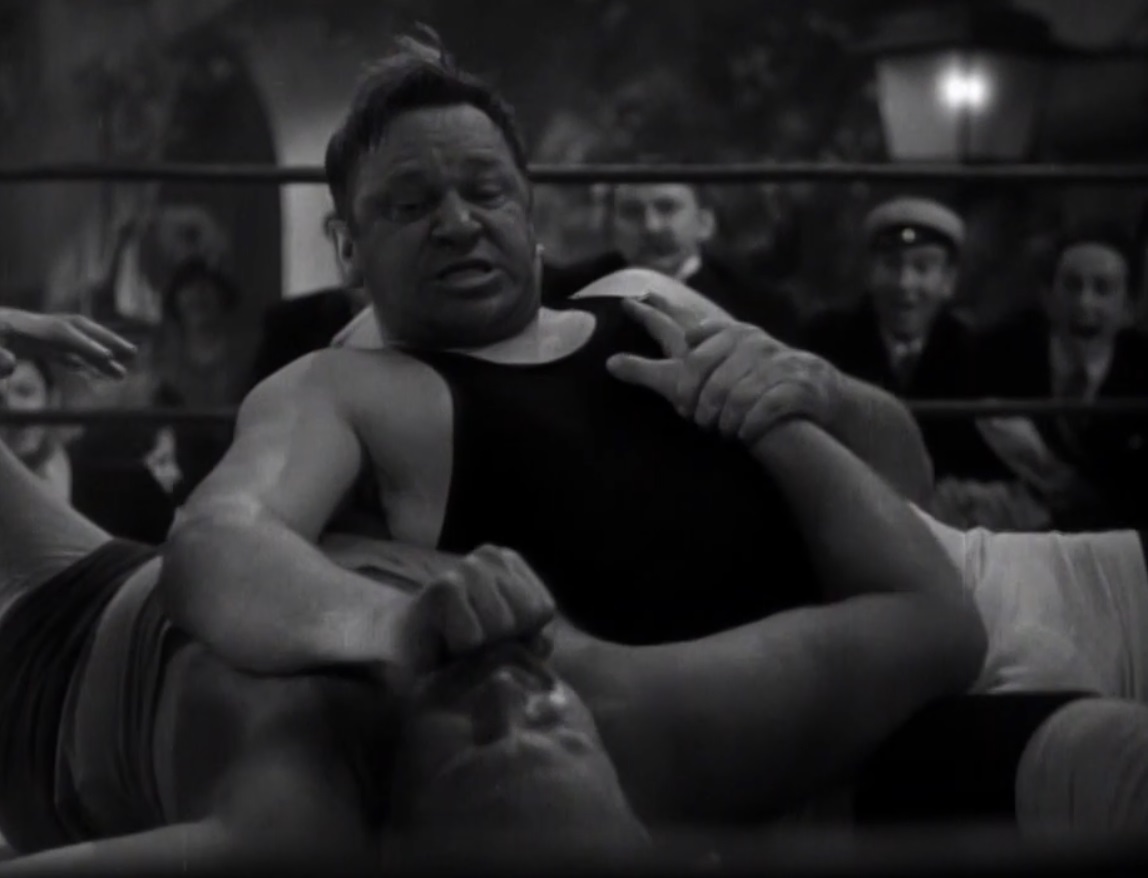 | 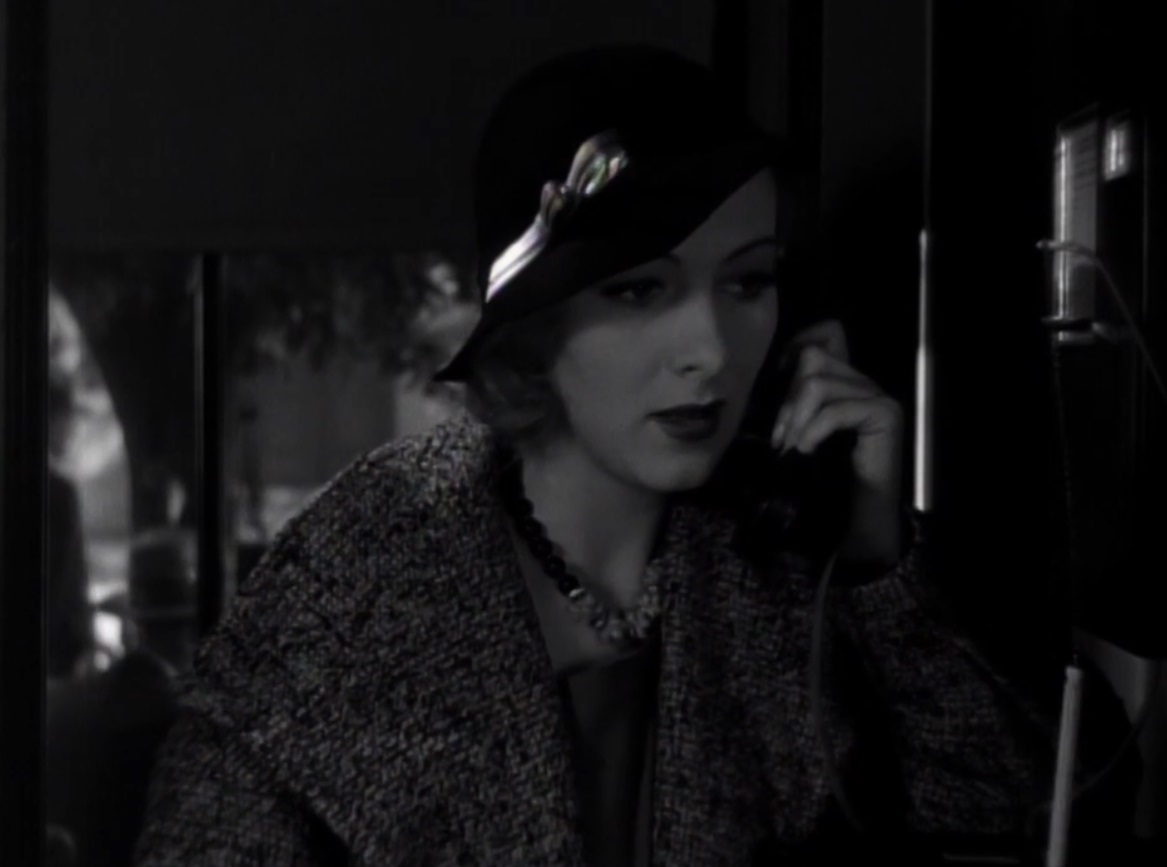 |  |
| Polokai Wallace Beery | Laura Karen Morley | Nicky Ricardo Cortez |
Released by Metro-Goldwyn-Mayer
Directed by John Ford
Run time: 96 minutes
Proof that it’s Pre-Code
- A woman makes a phone call from prison early in the film and sneers at the surprised recipient, “Where do you think I’m calling from– the Warden’s bedroom?”
- Mr. Herman (Jean Hersholt) is moving to America to open a speakeasy. Since selling alcohol is illegal, instead of having the biergarten in the front yard, they’ll have it in the backyard.
- Pregnancy outside of wedlock.
- If you’re sympathetic enough, murder ain’t nothin’ but a bump in the justice system.
Flesh: Wrestling with Demons
“I always said you were teacher’s little ray of sunshine, didn’t I? Well, you’re the sun and the stars, too, Polokai. The whole works. You’re good.”
It comes down to Wallace Beery. Have you seen Beery before? Don’t start here, for the love of god. Watch The Champ, which is, for my money, his best (though I can’t discount Dinner at Eight, I’m not a monster). Beery is often playing a lug, a sweet guy whose wheels could use some grease. He’s big, cumbersome, kind of a monster but kind of not.
In Flesh, where Beery was one of Metro’s star attractions and flush with a new Best Actor Oscar on his mantle, he plays a galoot named Polokai. He’s an amiable biergarten waiter who also happens to be Germany’s premiere wrestling champion. Though not exceptionally bright, Polokai is big-hearted and sweet.
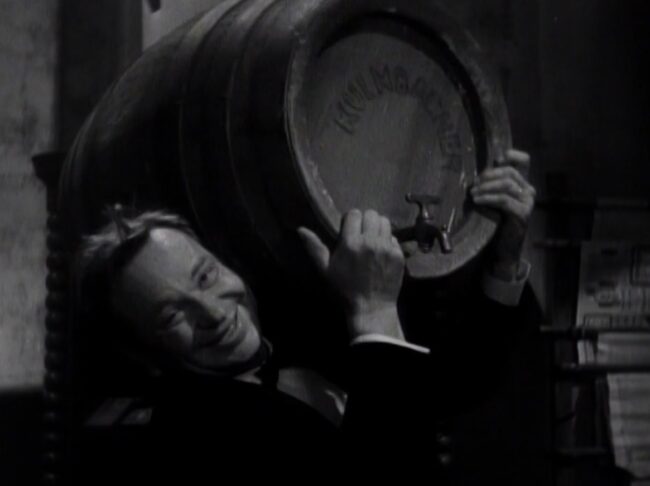
Into his life stumbles Laura Nash (Morley), an American fresh from a stint in a German penitentiary. She’d participated in a crime and paid her price to society; though we’re never privy to it, we quickly learn Laura was screwed over by her co-conspirators. Her main squeeze, Nicky (Cortez), is still in the big house until someone can scrounge up the bail money. Polokai sees Laura unable to pay a dinner bill and takes her in like a lost kitten.
Polokai easily falls for Laura, despite her hard bitten exterior, and she develops a grudging respect for his unblemished sincerity. However, when she sees the opportunity to steal Polokai’s money to spring Nicky, she takes it. He catches her; she pretends Nicky is her brother and he gives her the money freely. Nicky, is of course, a conman, eager to make money off whatever sap gets in his way, and Polokai seems like a very easy target.
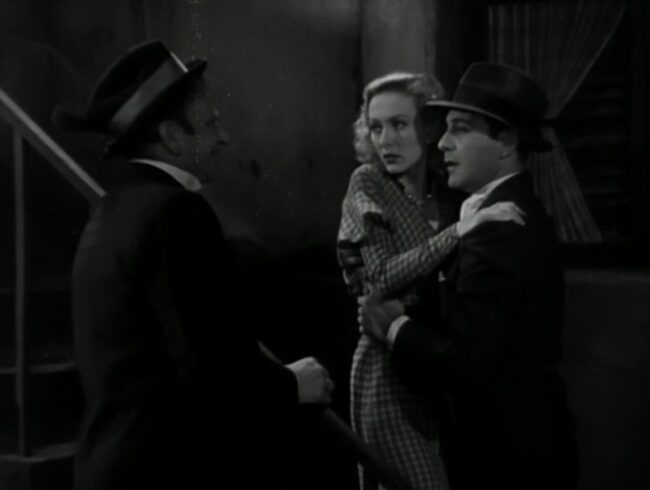
Just to muddle things further, Laura reveals to Nicky that she’s pregnant with his child, and he immediately bolts back to the states. Laura convinces Polokai to move overseas, too, especially as she has a young baby to care for. (It’s never clear if Polokai thinks the child is his or not, though he often acts as if he is, and the baby is born only shortly after Laura and Polokai are married.)
In the U.S., Polokai’s dream of being the American wrestling champ is thwarted when he finds the entire ring is controlled by Joe Willard (John Miljan) who uses his money to determine who will win and who will lose. Nicky slides into this arrangement and uses a combination of gaslighting and threats to make Laura push Polokai towards playing in rigged matches. Polokai, simple as he is, breaks when he’s forced to choose his ethics or the woman he loves, and becomes a drunkard. When the world championship rolls around and Polokai is slated to lose, only then does the truth about Laura and Nicky comes out and the fallout begin.
Flesh, despite the rather provocative title, is mostly a cute, cuddly movie in a lot of respects. Beery plays Polokai with a great deal of kindness and gentility, a man of bad magic tricks and so eager to please he keeps trying to pronounce Laura’s name with a Spanish accent after she shoots her mouth off saying she’s from Espana. Early in the film, he eagerly shows off his physical prowess to her by first begging her to punch him in the stomach; no effect. He next thoughtlessly demand she feel the strong muscles in his rump before he blushes, remembering that he’s making the request of a lady. Laura smiles not shyly, but slyly.
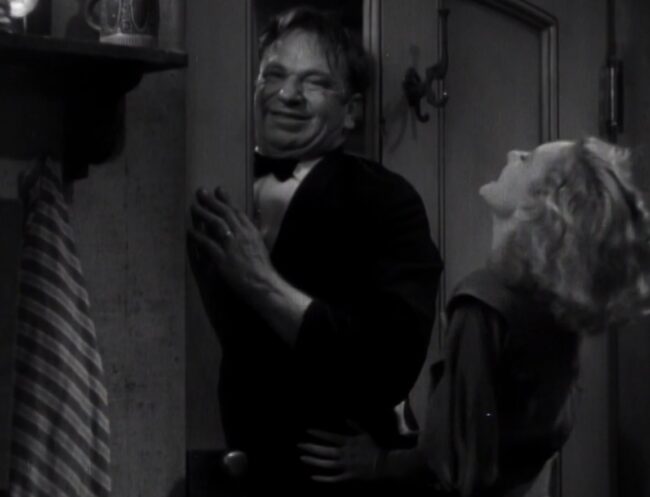
It’s Beery’s performance that will win or lose you. He has this remarkable ability to play a doofus, but one with heart and enough brains to piece things together in the last act. Often scantily clad and sweaty, Beery manages to exude a charming sexiness as some sort of kindhearted masculine ideal, even if he’s seen several times trapped between other men’s legs– he’s never seen complaining about it. The moment of revelation at the end is a rather hardy piece of acting work– very subtle, as all the pain and kindness melt away to a monstrous determination that we haven’t seen yet.
As for the rest of the cast, judging from the other reviews I perused, I’m the only one who didn’t enjoy Karen Morley as Laura. Laura is guarded enough to always be looking for the next con but still kind enough to recognize the goodness in Polokai and want to protect it. Morley plays this as too often on the defensive, opting for frustrated often and playing many moments at the same pitch. Someone like Ann Dvorak or Joan Blondell would have killed in the part.
And Ricardo Cortez, as always in this period, plays a great scumbag. He does not get shot in this one; important note for those keeping track.
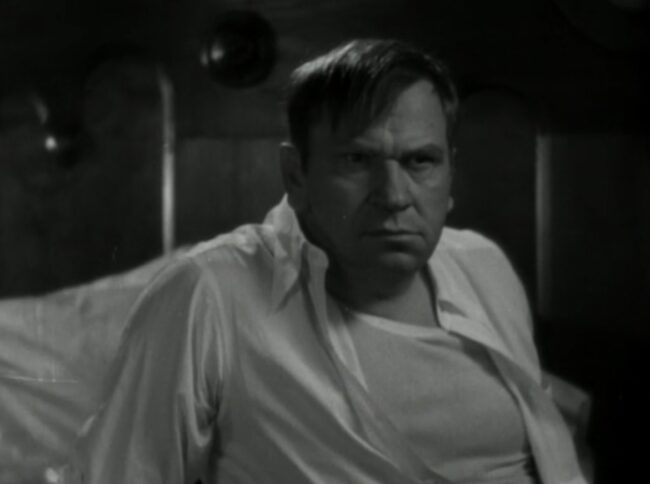
John Ford worked as a director-for-hire at MGM for this picture, leaving his usual perch at Fox. While the film certainly revolves around certain concepts of masculine pride and ethics, the most notable Fordian touch comes when Ward Bond shows up just to get picked up and thrown across the room. (This is a very enjoyable moment.)
(Side note: The most popular review on Letterboxd for this film calls it “John Ford’s take on pro-wrestling” which is ludicrous; that’s like saying The Purchase Price is William Wellman’s take on mail order brides or Manhattan Melodrama is W.S. Van Dyke’s takedown of corrupt politics; it’s an absurd misreading of the film and the director’s role in this period of time.) (Sorry, I needed to vent.) (The auteur theory is garbage.)
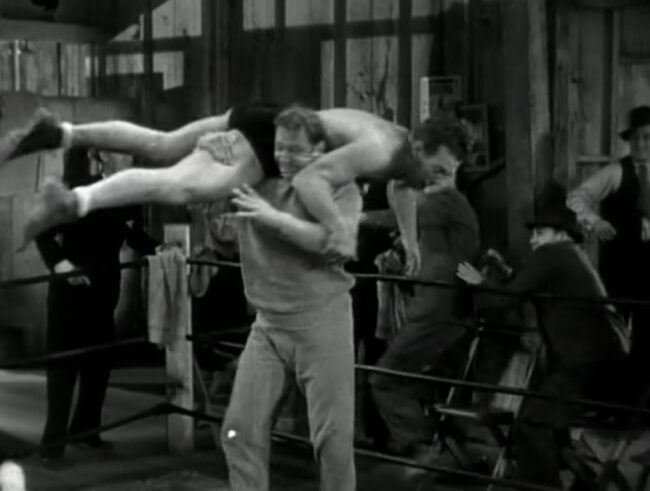
The United States in Flesh is a poisonous entity, one were graft and overconfidence are the only native traits. The Germans who arrive almost to a man only succeed by embracing the lawlessness of the country. One of the more fascinating aspects of the film is you can see how Laura and Nicky emerged from this environment and how that formed them, all while using the stock comic characters in Germany as interesting contrast points. (Of course, a 1931 film portraying Germany as a comic, innocent backwater is a funny scenario with hindsight. I’m sorry, it just is.)
Flesh is a smart, well-made and moody drama with lots of comic touches. For a 90-minute pre-Code, it’s worth the time, which is not something I ever say on this site. But, again, you have to be on board with Beery to get anything out of it.
Image Gallery
Trivia & Links
- In the Coen Brothers’ 1991 film Barton Fink, the titular Fink is directed to write a Wallace Beery wrestling film. Some of connected that to this film, though it’s rumored that they didn’t know this film existed when they wrote that into their screenplay.
- TCMDB talks a lot about John Ford and his life as “a money director”, plus the actors in the picture.
Flesh was intended to capitalize on the success of Beery’s boxing picture The Champ (1931), which earned him an Oscar® for Best Actor. As such, it was Beery’s film through and through. However, MGM had some degree of difficulty assembling the cast and crew around him. The female lead was first announced as Colleen Moore, then Madge Evans. Just two days prior to filming, Karen Morley stepped into the role of Laura. Edmund Goulding (Grand Hotel, 1932), who wrote the original story, was first slated to direct the film. Months later, Raoul Walsh (White Heat, 1949) was announced as director, who was in turn replaced by Robert Z. Leonard (The Great Ziegfeld, 1936), before Ford took the helm. This sort of pre-production musical chairs was common in the period, as the studio refined its method of factory-style film production that would become its trademark. […]
Ford was a reliable maker of profitable films, and ran an efficient set, but he could hardly be characterized as a “traffic cop.” He said such things in order to mock his genuine artistic aspirations, which he preferred to keep hidden beneath his crusty exterior. In reality, Ford was strongly inspired by the German silent cinema — particularly the films of F.W. Murnau — and that influence is obvious in the fluid camerawork and stark shadows of his films of this period, including Four Sons (1928), Pilgrimage (1933), and The Informer (1935). Visually speaking, Flesh is less dark and moody than Ford’s other “Germanic” films, but thematically, it reflects these European psychological dramas. Polakai is clearly cut from the same cloth as several roles played by the great German actor Emil Jannings. In Murnau’s The Last Laugh (1924), Josef von Sternberg’s The Blue Angel (1930), and E.A. Dupont’s Variety (1925), Jannings depicts a proud, upstanding man who suffers a series of personal and professional misfortunes that lead him to humiliation and the brink of destitution. Oftentimes a woman is the catalyst for the downward plunge. The connection between these films and Flesh is clear, but one would have never gotten Ford to admit it.
- Cliff Aliperti at Immortal Ephemera is a lot more complimentary towards Karen Morley than me, and enthusiastic about the picture overall:
I usually prefer Beery as mean as can be and have never been much of a fan of the movies that made him such a huge box office star around the time of Flesh, The Champ (1931) and his Marie Dressler pairings, but he won me over as the almost too simple Polakai.
Karen Morley is a tightly wound ball of almost every painful emotional trait you could think of as Laura. Her wisecracks are tough and well delivered. Laura has to be tough and with Morley bringing her to life she’s not taking any guff. Except from Nicky. But that’s love and that’s the cause of so many of those terrible feelings she has inside. When she attempts to steal money from Polakai you hope she comes out of it okay because you know how bad she needs it.
Awards, Accolades and Availability
- This film appeared in the List of Pre-Code Films.
- This film is available on Amazon thanks to Warner Archive.
More Pre-Code to Explore



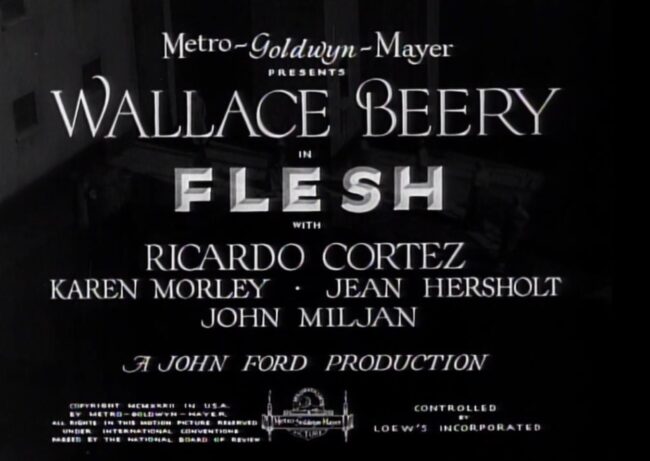
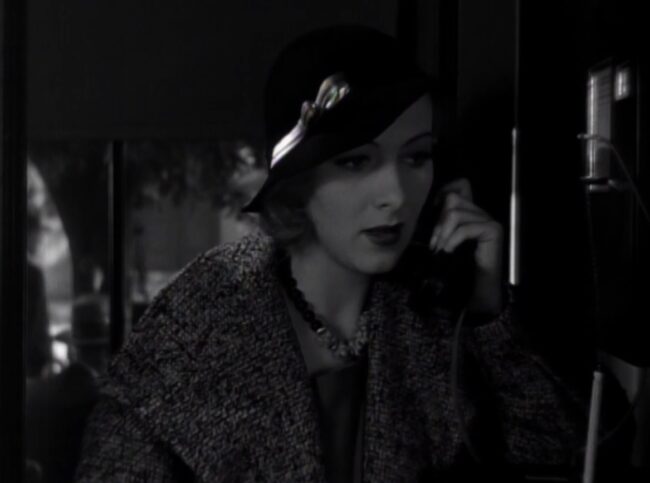
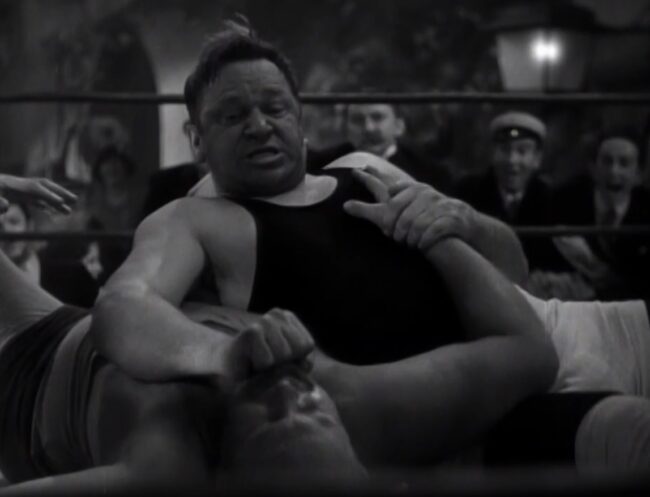
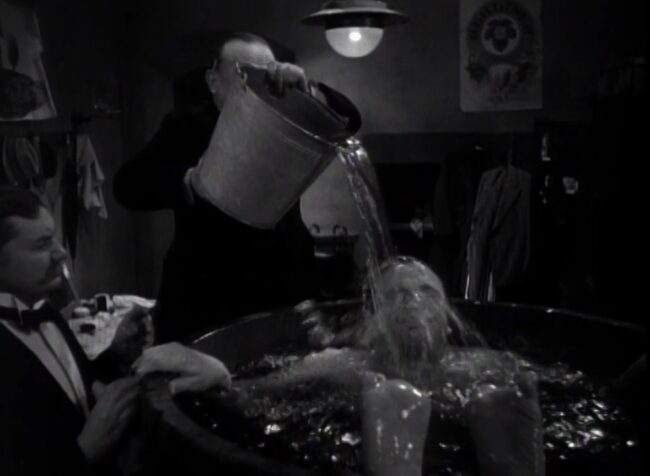
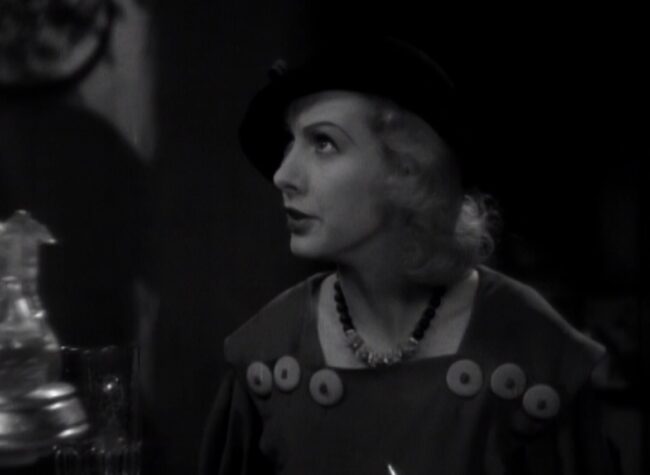
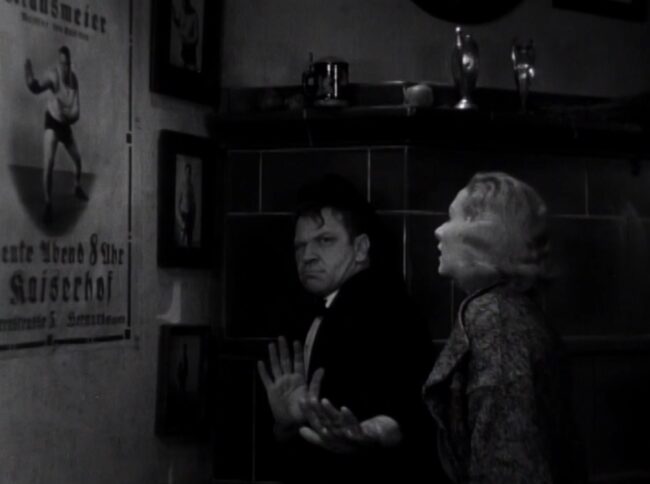
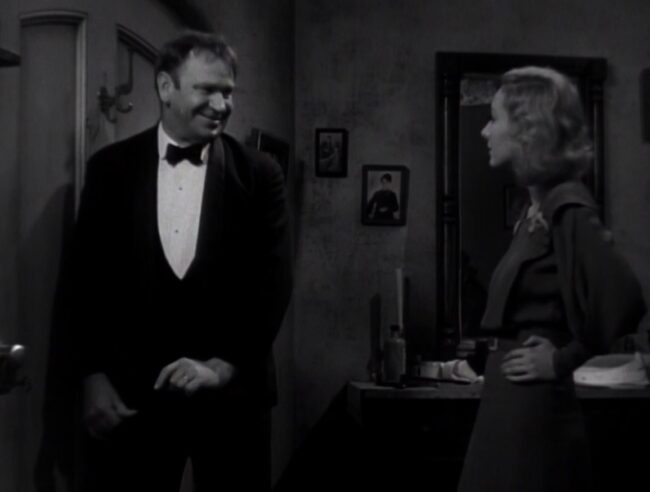
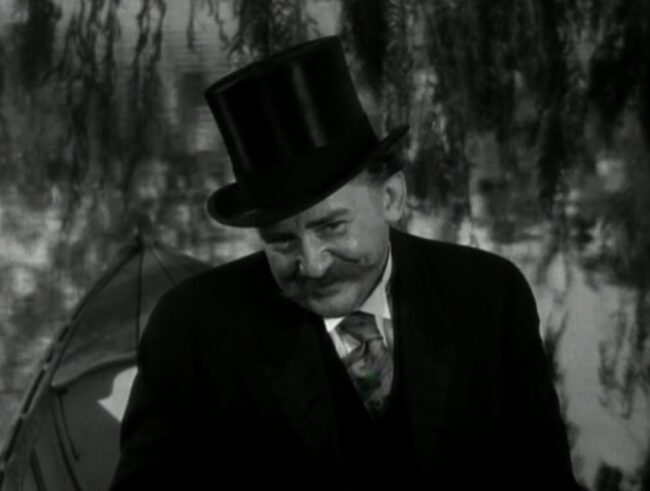
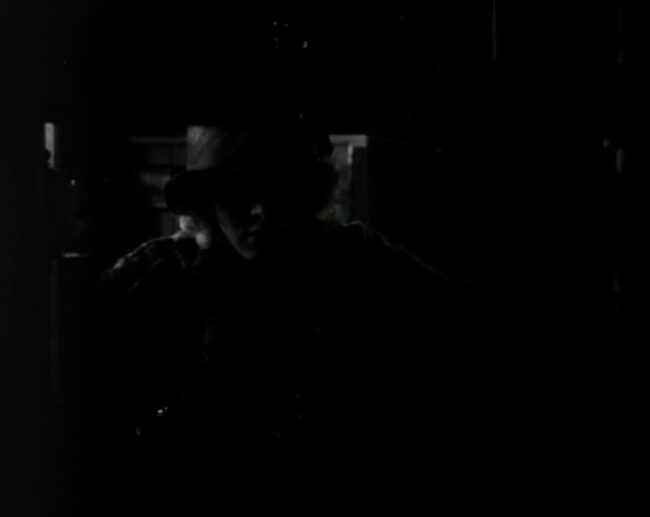
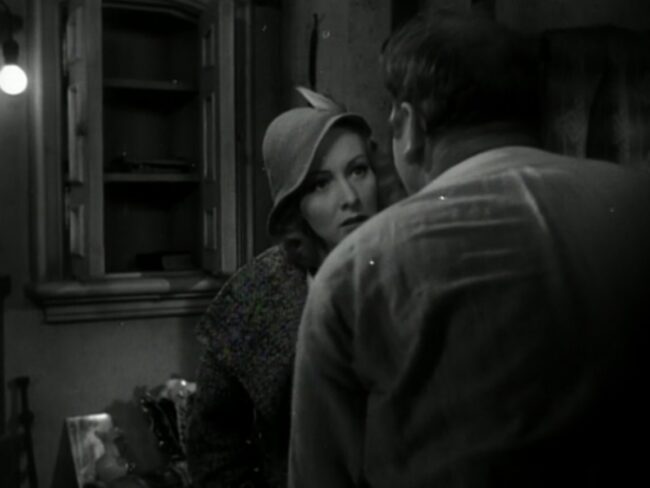

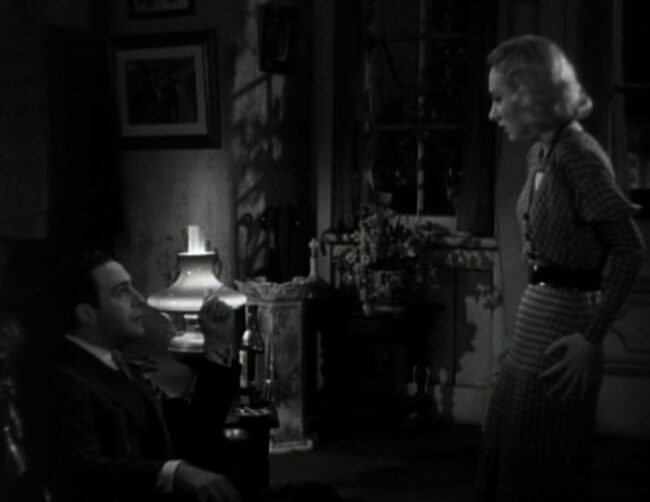
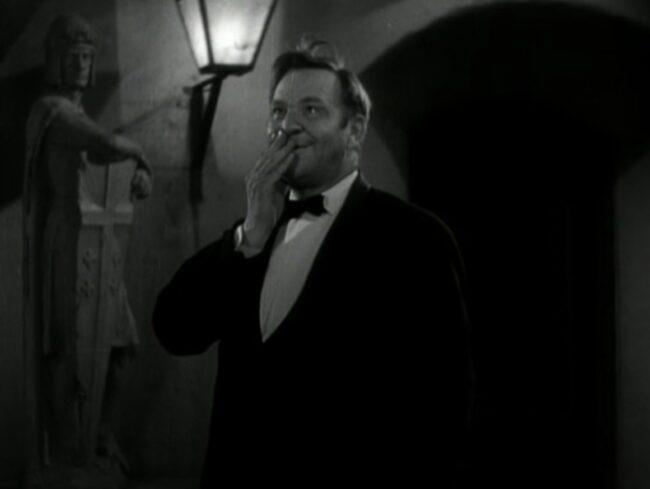
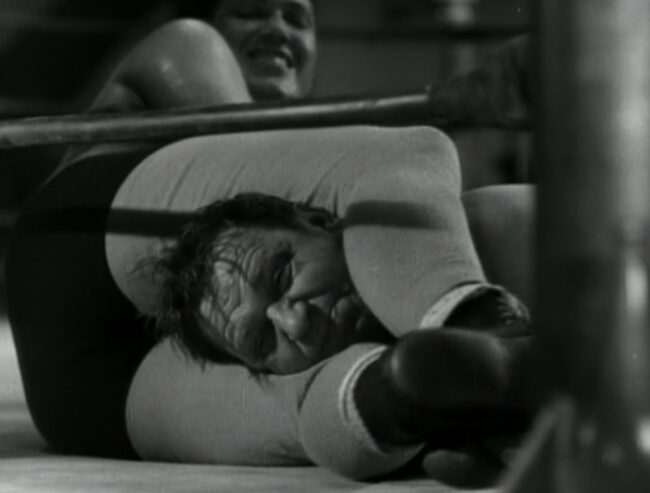
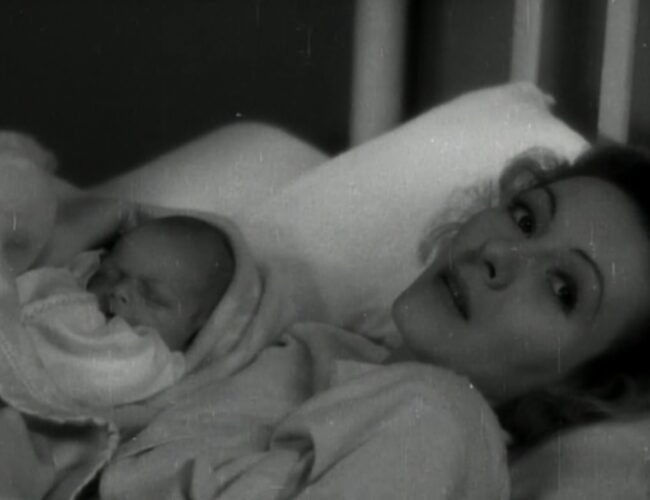
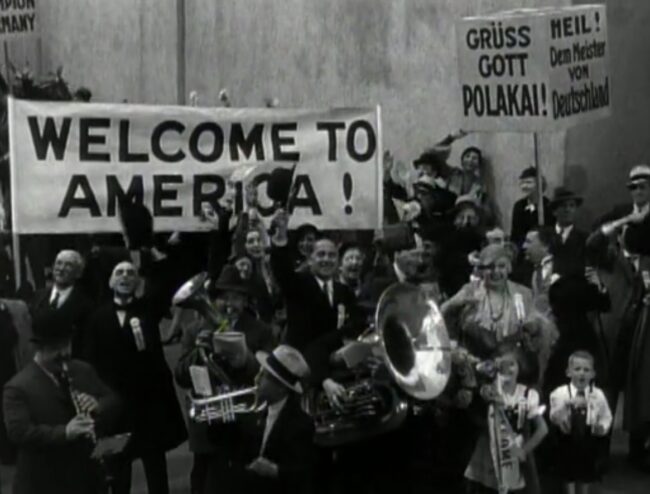
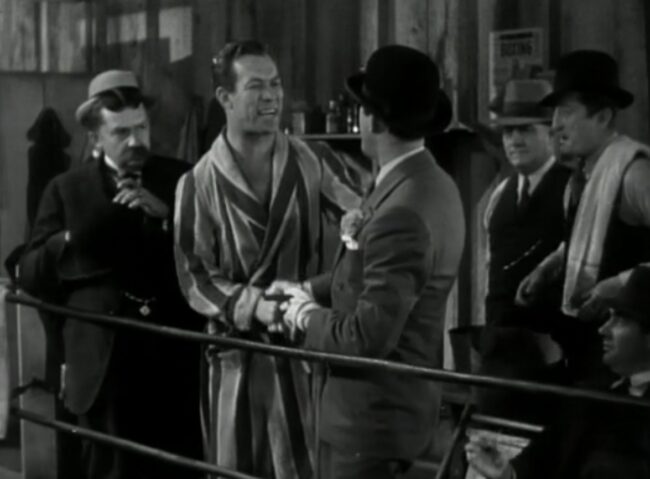
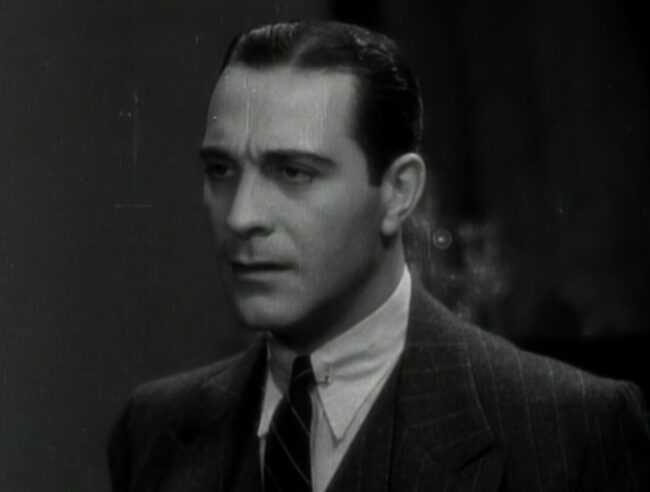
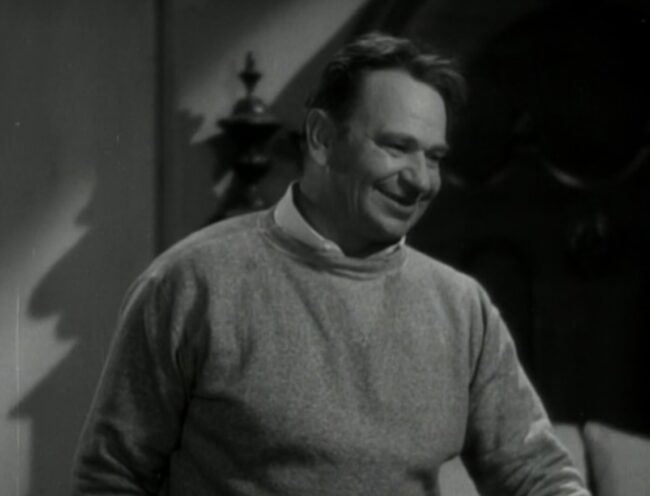
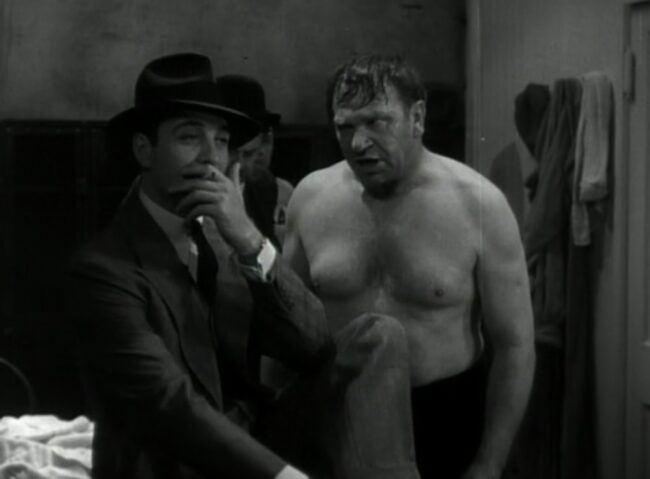
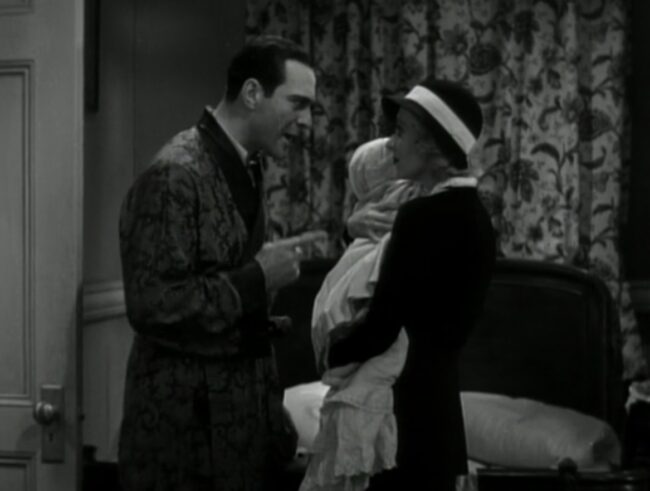
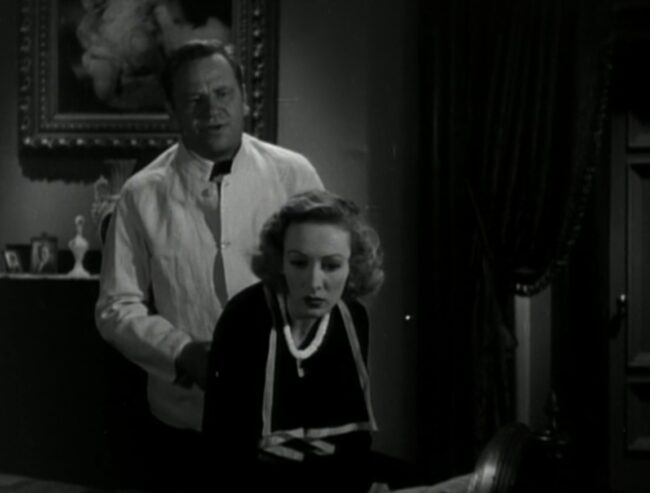
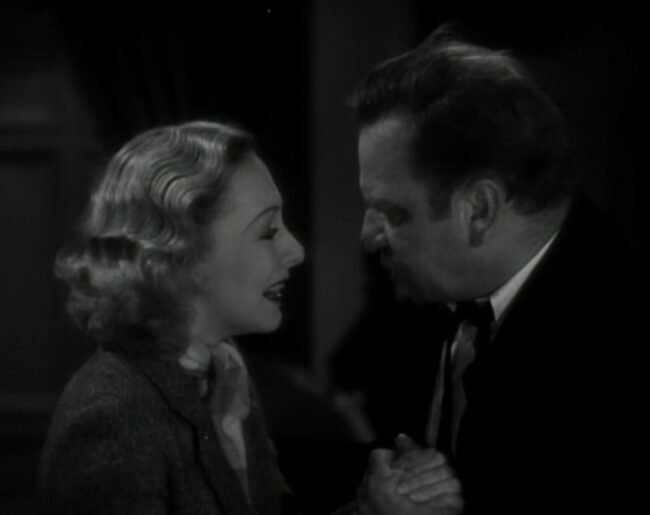
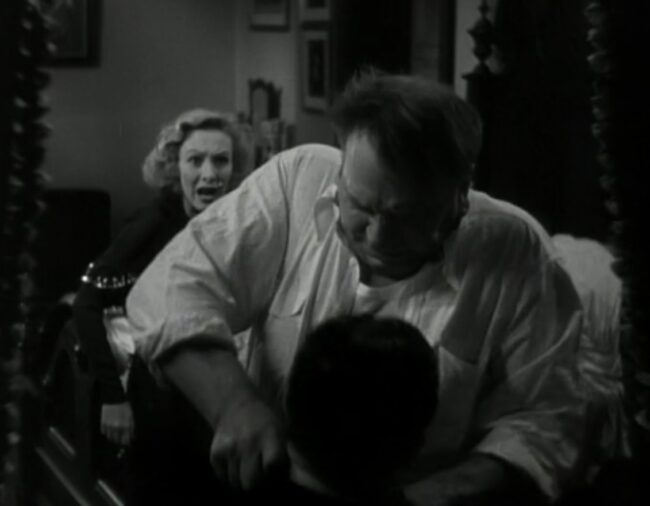
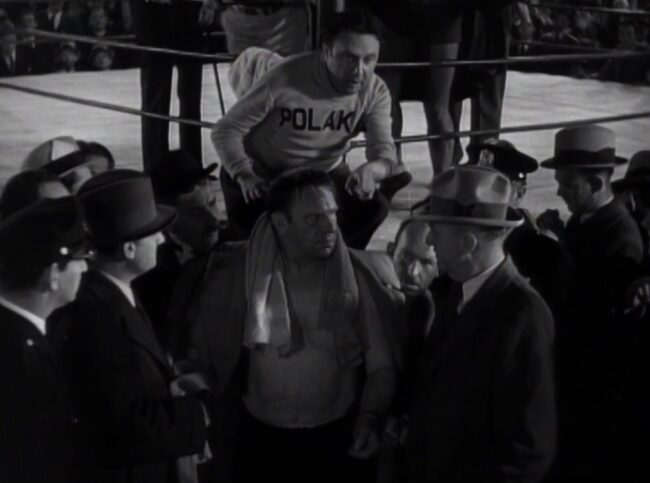
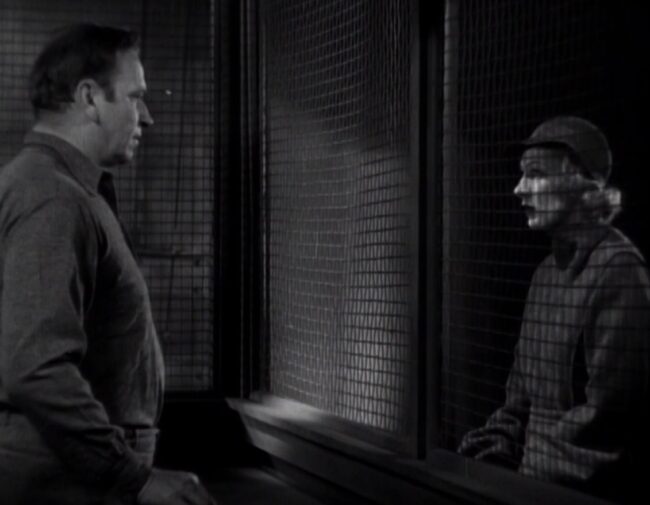
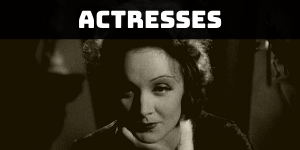






1 Comment
Martha Clark · July 26, 2020 at 3:53 am
Loved this really thorough review of Flesh. Your site is just so informative – and fun!
I watched this film when it was on TCM the other day. I’ve seen sooo many precode films, couldn’t believe there was one I hadn’t seen. Not much of a Beery or Morley fan, but this was pretty good. I liked the little things like him walking to her door in his nightshirt and cap wishing her goodnight, etc. Thanks again!
Comments are closed.